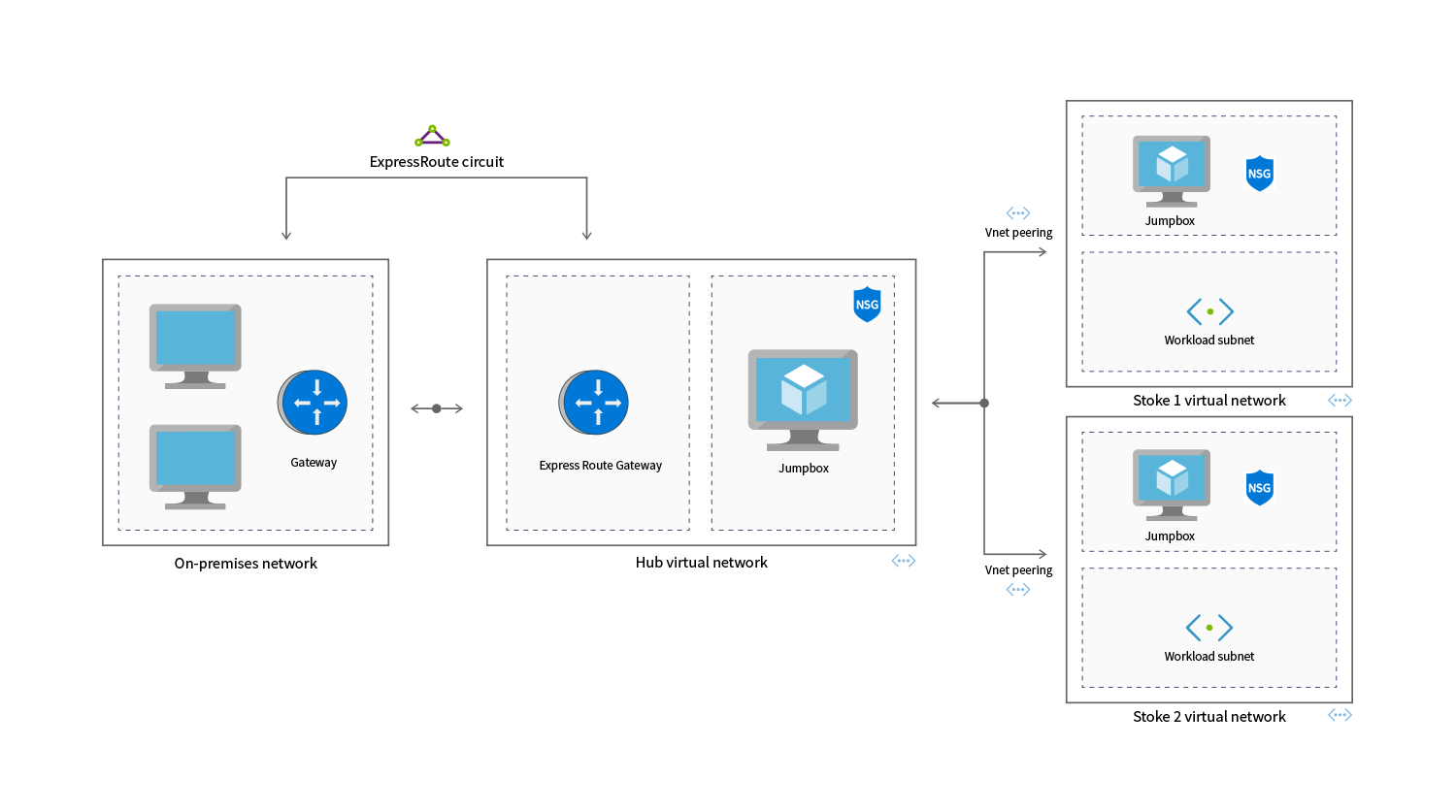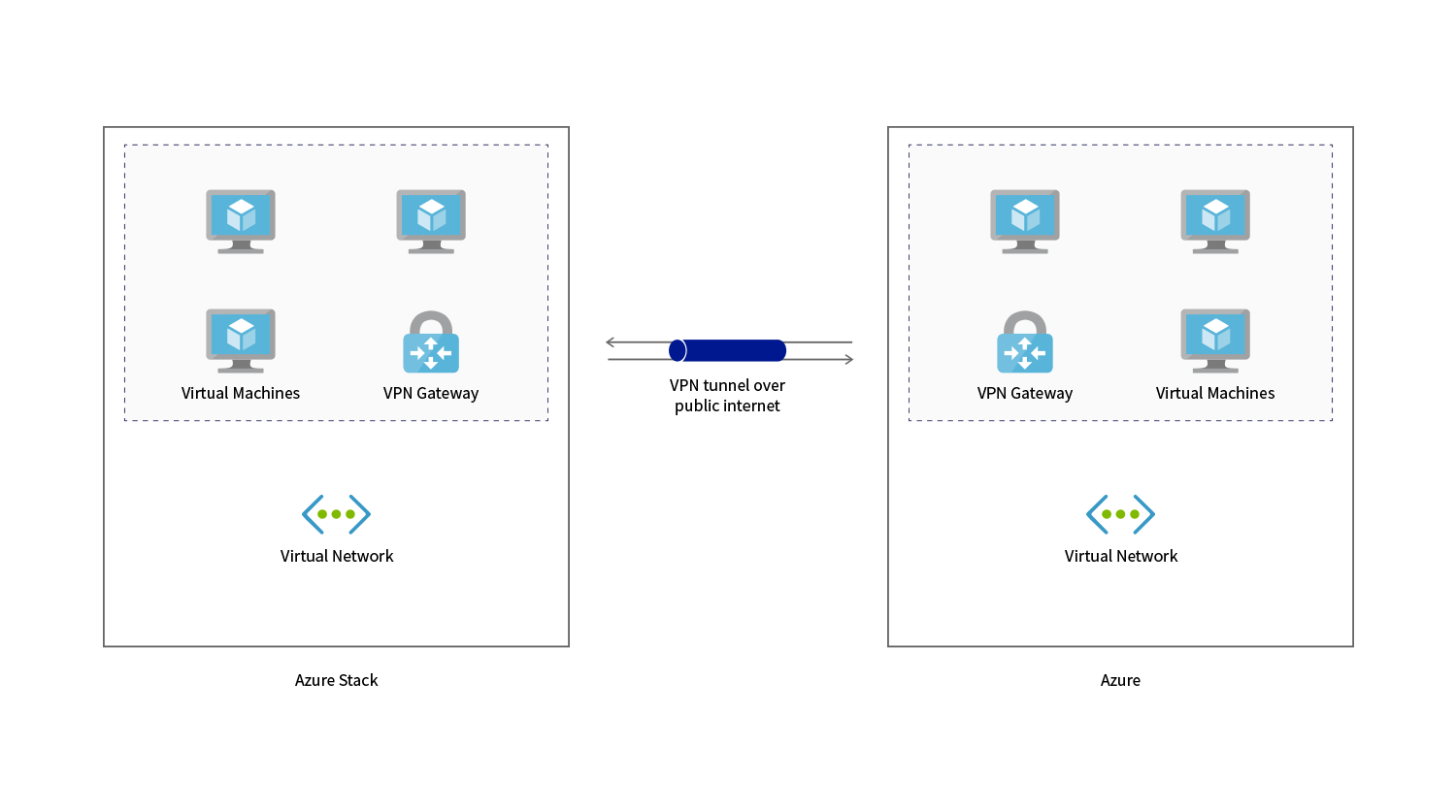TECHNOLOGIES
Hybrid Cloud
A hybrid cloud consists of two or more clouds (private, community or public). Its advantage is that it is possible to expand the capacity or functions of the cloud service as much as desired. Gartner defines a hybrid cloud service as a cloud computing service consisting of a partial combination of private, public and community cloud services provided by different service providers.
The organization internally stores important client data in personal cloud applications, but the applications can be connected to the business intelligence applications provided to the public cloud as a software service.
Technologies necessary for supporting hybrid cloud
Technology for supporting the networking of on-premise and public clouds
It can be safely connected with VPN or leased lines through VPN Gateway or ExpressRoute.
Technology for supporting the distribution compatibility between public clouds
Terraform is an open source infrastructure as a code software tool made by HashiCorp. Users can use Hashicorp Configuration Language (HCL) or the high-end configuration language, known as JSON, selectively to define and distribute the data center infrastructure. Terraform supports Amazon Web Services, IBM Cloud, Google Cloud Platform, Microsoft Azure, Oracle Cloud Infrastructure, VMware vSphere and OpenStack.
Azure Hybrid Cloud
Azure Stack is a product that can be serviced by configuring IaaS and PaaS services, provided by the Azure Public Cloud, in the on-premise data center. The hardware manufacturer and Microsoft jointly offer the service.
If Azure Stack is used, the hybrid cloud can distribute the Azure service to on-premise or the cloud with consistent application logic, a development paradigm and operating method.





